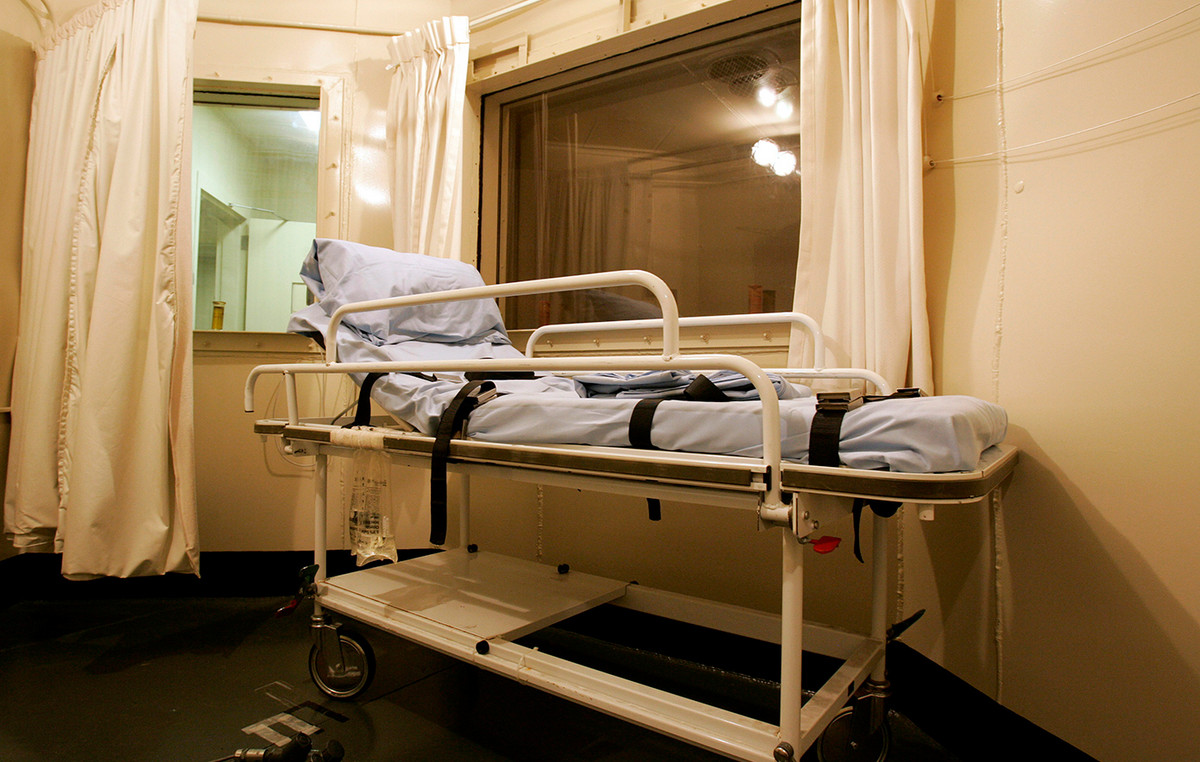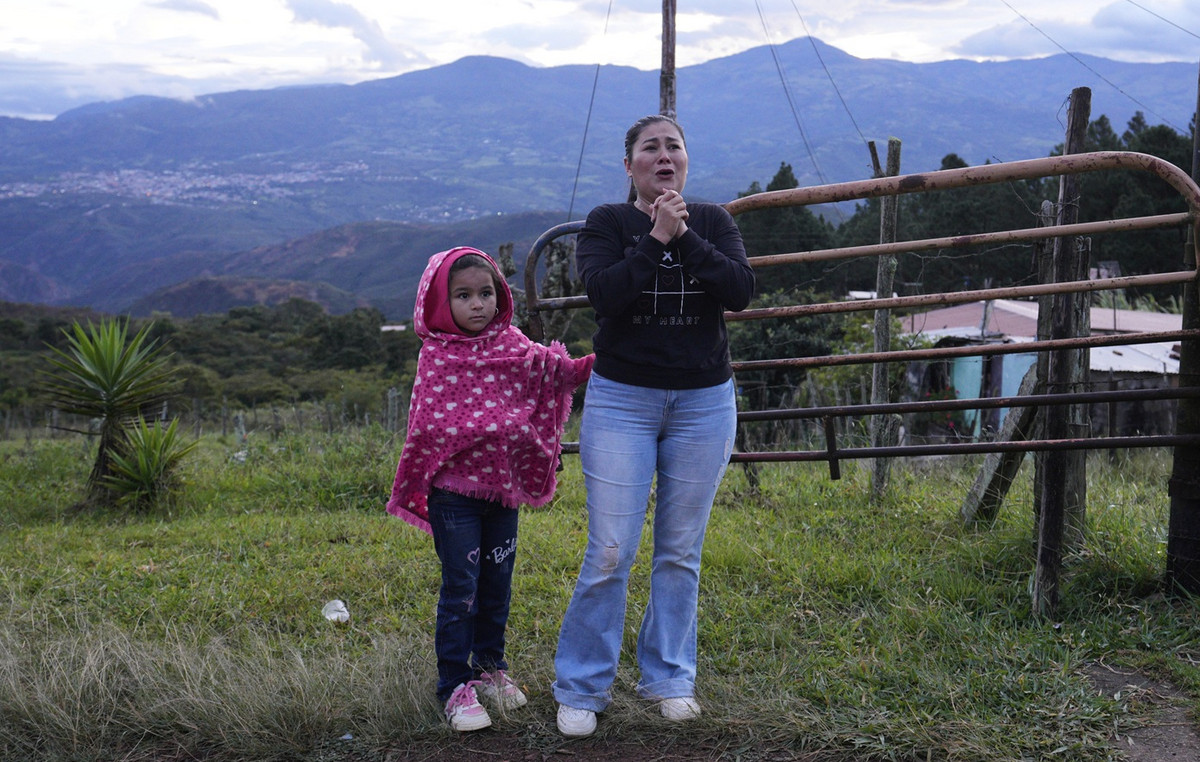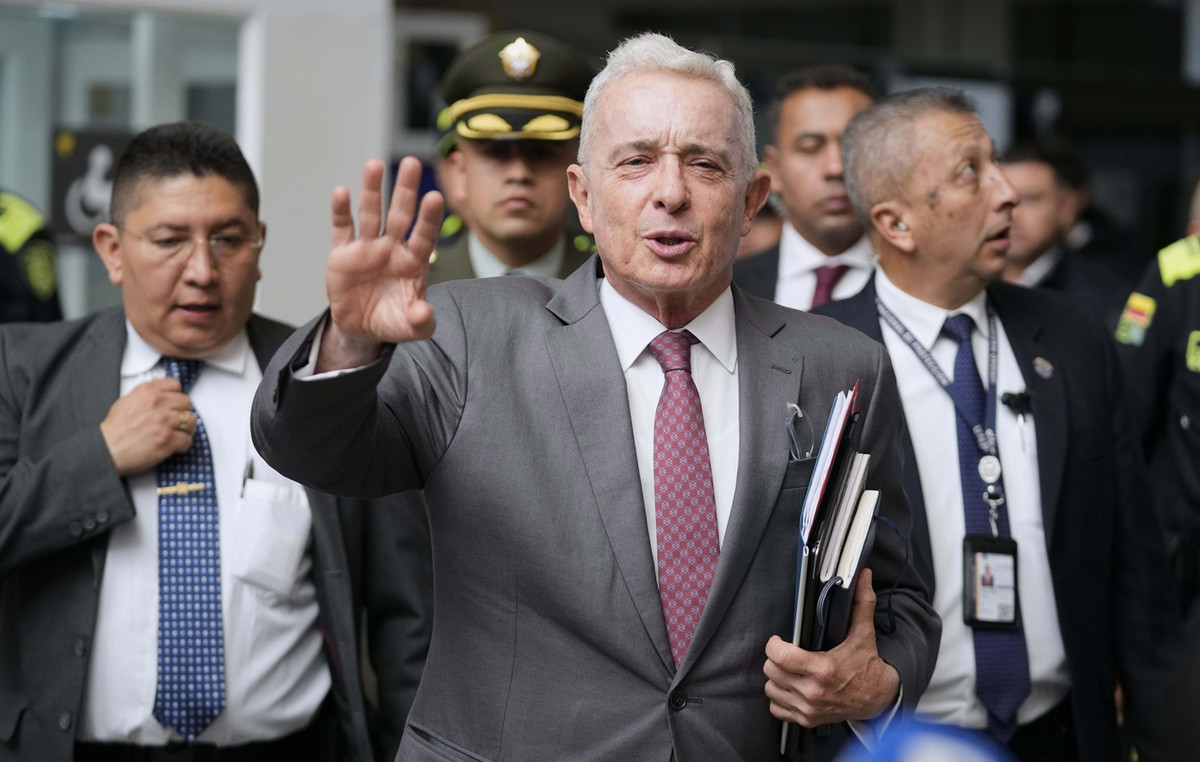Even after the recent statements by Lula’s choice to take over Petrobras, Senator Jean Paul Prates, that the new management of the state-owned company will not interfere in the pricing policy, uncertainties about the company’s future still hover over the financial market.
A year ago, banks and brokerages are cutting the recommendation to buy shares of the state-owned company. Since their historic peak, on October 21 of last year, Petrobras shares (PETR4) have fallen by almost 40% on the Brazilian stock exchange.
In January and February 2022, the company received two purchase recommendations – with excellent return prospects – eight purchase recommendations and only one neutral recommendation. Throughout the year, the scenario changed, with an increase in neutral recommendations.
Until, as of September, Petrobras no longer had any purchase recommendation. From November until the present month, the company even received a recommendation to sell shares. The data were collected from the Reuters agency and are illustrated in the graph below:

The target price is the estimated potential value of a stock through the end of the current year. The average target price for Petrobras shares, according to the recommendations analyzed in the survey, is R$34.16. As on Wednesday the company’s shares closed the trading session at BRL 23.05, they would need to appreciate 48.21% by the end of 2023 to reach the desired average value.
The director of investment management at Nova Futura Asset, Pedro Paulo Silveira, explains that the basic way of assessing the price of a company’s shares is to try to estimate the cash flow it will bring to shareholders – the dividends – and discount an interest rate, called the discount rate.
“If my expectation regarding the company’s future return falls or rises, that immediately implies a change in the share price. The same happens with the discount rate, related to the risk that this company is inserted”, evaluates the economist.
Regarding Petrobras, Pedro Paulo Silveira says that the current environment is highly unstable due to two factors in particular:
1) the transition of government in Brazil, with changes in various power structures, including the governance of the state-owned company; 2) the international scene, with the war in Ukraine and the recovery of the Chinese economy. He believes that this scenario of uncertainty will continue as long as Petrobras’ situation remains unclear.
Source: CNN Brasil
A journalist with over 7 years of experience in the news industry, currently working at World Stock Market as an author for the Entertainment section and also contributing to the Economics or finance section on a part-time basis. Has a passion for Entertainment and fashion topics, and has put in a lot of research and effort to provide accurate information to readers.







